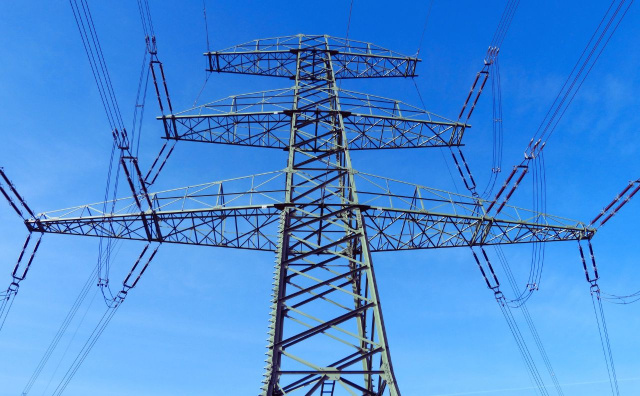Bulgaria continues to assert itself as a net exporter of electricity and a key stabilizer in the energy network of Southeast Europe, according to BGNES. The role of energy in sustaining economies has grown increasingly significant, particularly in the wake of Russia’s war in Ukraine, which began in 2022. Rising geopolitical tensions and rapid climate change have prompted the European Union to strengthen energy cooperation among its member states.
In 2024, Bulgaria exported more electricity than it imported, with a net export rate of 3.1%, placing it 11th among EU countries. Within the Balkans, only Slovenia (-19%) and Montenegro (-5.6%) exceeded Bulgaria’s net exports. By contrast, Romania, Albania, Serbia, and North Macedonia remain net importers. Sweden (-27%) and France (-22%) hold the largest net export positions in Europe.
Looking at absolute figures, France leads with 89,851 GWh exported, aided by a rebound in nuclear energy production and a 10% increase in renewables. Sweden follows with 33,435 GWh. Bulgaria exported 987 GWh, again ranking 11th in the EU and just behind Slovenia, which exported 2,406 GWh. Neighboring countries such as Turkey and Greece exported 985 GWh and 307 GWh, respectively. In contrast, Romania imported 2,958 GWh, North Macedonia 710 GWh, Serbia 520 GWh, and Albania 334 GWh.
Energy Minister Zhecho Stankov emphasized Bulgaria’s strategic importance in the region, noting that exports have increased by 60% over the previous year. He highlighted Bulgaria’s ability to stabilize regional energy systems, citing an incident when North Macedonia lost electricity and the Bulgarian network restored power within hours. According to Stankov, this dual role, ensuring domestic supply and supporting neighboring countries, underscores Bulgaria’s position as a cornerstone of energy security in the Balkans.
